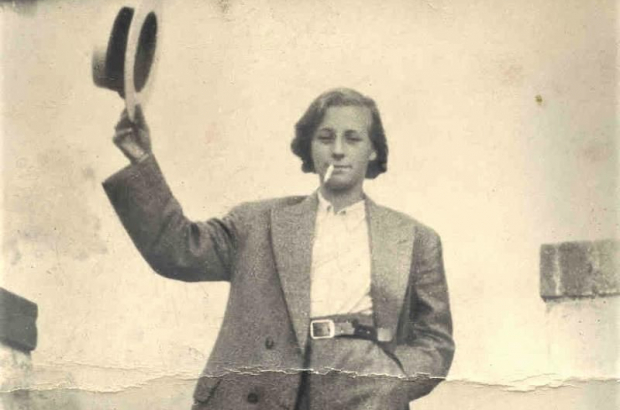- Daily & Weekly newsletters
- Buy & download The Bulletin
- Comment on our articles
Five women who changed the course of Belgian history
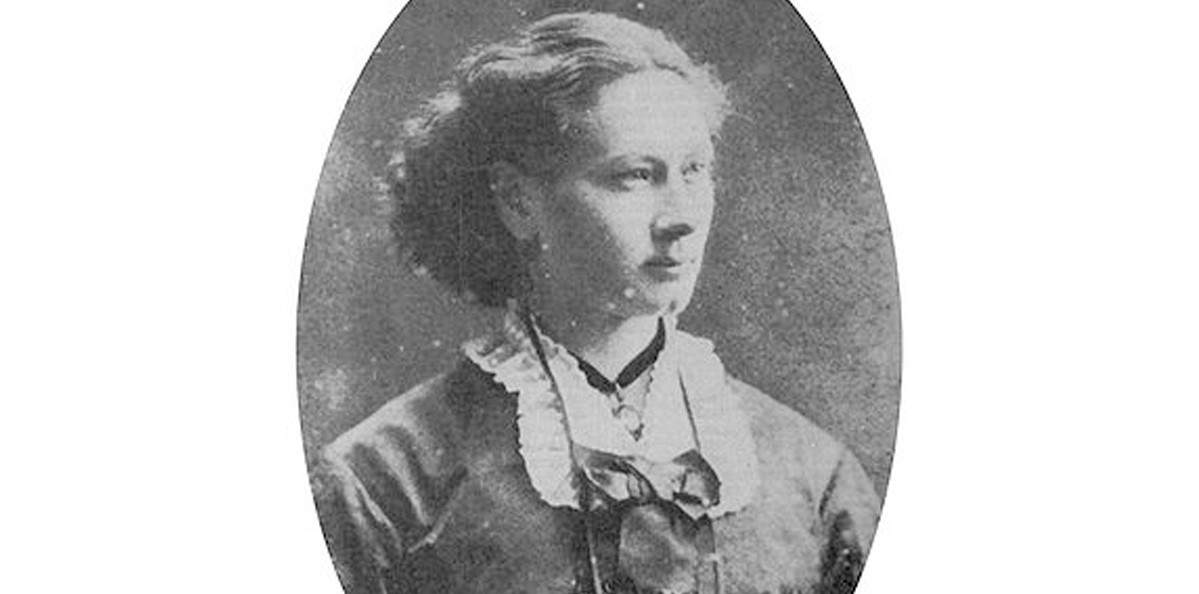
Isala Van Diest
Had Isala Van Diest not had such progressive parents, she might not have become the first woman in Belgium to obtain a university degree, which led to her become its first female doctor. Born in 1842 Leuven to parents who did not believe in educating their daughters and sons differently, Van Diest eventually travelled to Switzerland to obtain her diplomas as university was not open to women in Belgium. Told that her foreign medical degree did not allow her to practice in Belgium, she enrolled at the ULB in Brussels when it opened to women a few years later. She famously had to enter the building through a back door as her male classmates took to shouting and throwing rocks at her at the main entrance. She earned her medical degree in 1883 and opened her own practice in Brussels, treating mainly women and children.
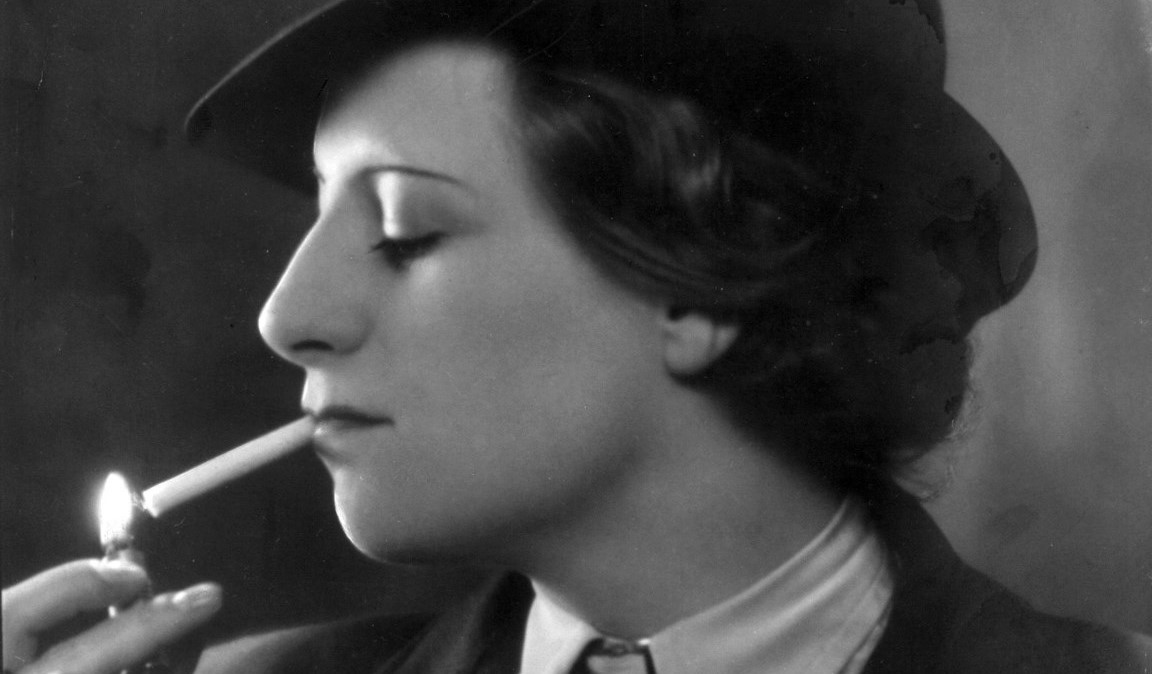
Suzan Daniel
In 1953, Suzan Daniel (also pictured top) kicked off the gay and lesbian rights movement in Belgium by founding the first organisation dedicated to queer emancipation in her hometown of Brussels. It disbanded just a year later when Daniel stepped out, fully disgusted by how the group – peopled mostly by gay men – had become so misogynistic. But there was no turning back; it opened the door to other LGBTQI rights organisations that started to form thereafter. Daniel was also a filmmaker and the country’s first film critic. She is such a key figure in the struggle for equal rights for the LGBTQI community in Belgium that the queer history archives is named after her. Daniel died in 2007.
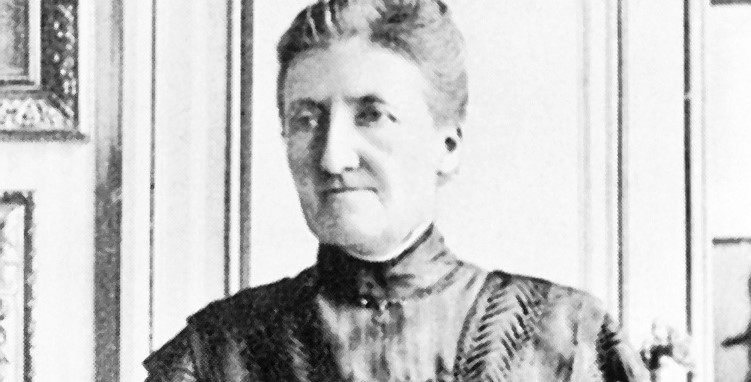
Marie Popelin
While Marie Popelin was the first woman in Belgium to obtain a law degree – from the ULB in 1888 – she was not allowed to practice law, a profession closed to women. This contradiction led her to found Belgium’s first organisation dedicated to women’s rights. She was ceaselessly harassed by the public and private sector and in the media, with cartoons popping up depicting her breastfeeding in court and leaving domestic duties to her victimised husband. Popelin’s work led to women being admitted to the bar in the 1920s, but she did not live to see it, having died in 1913.
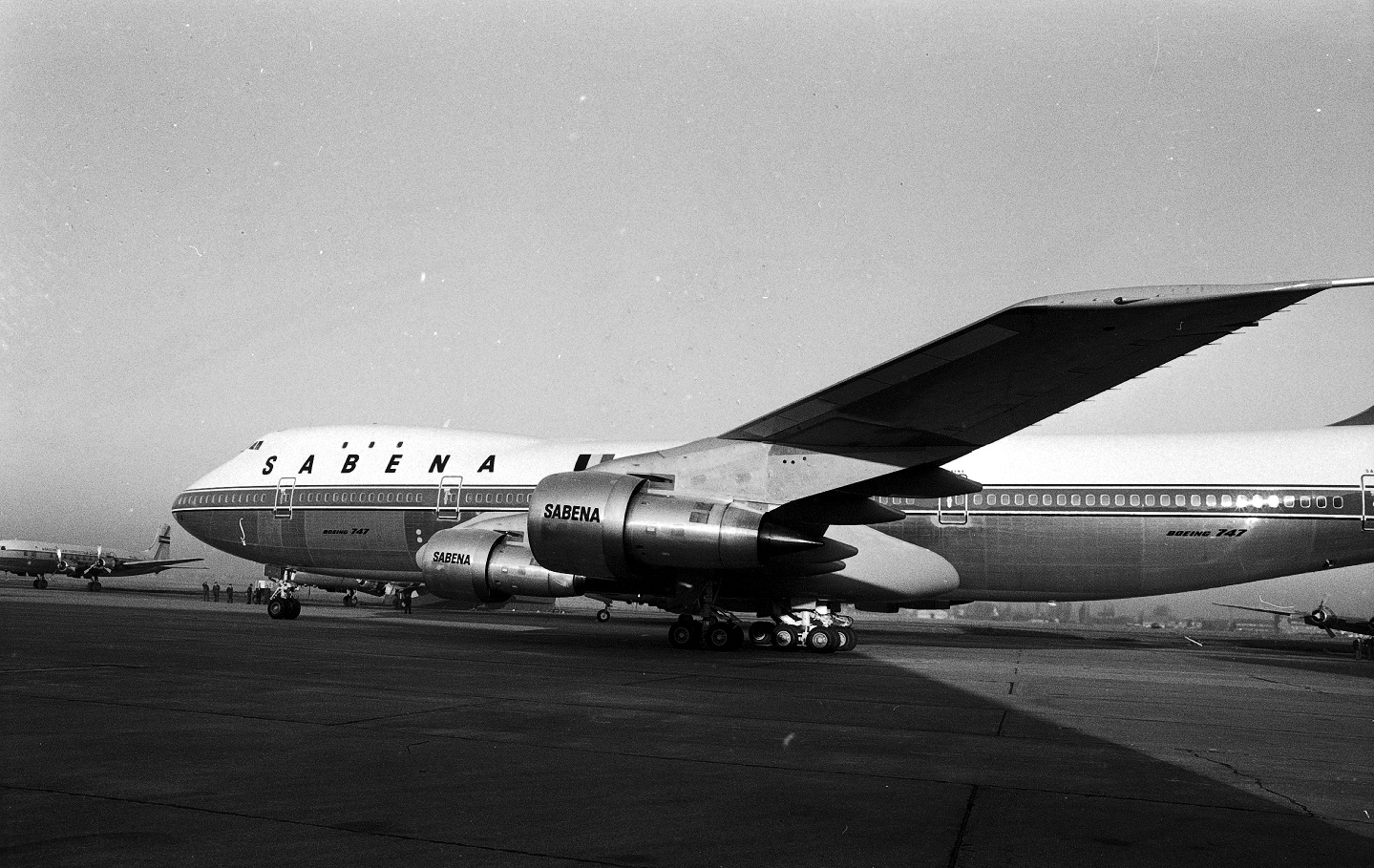
Gabrielle Defrenne
In 1968, Gabrielle Defrenne sued national airline Sabena for making her retire at 40, when her male colleagues could work until they were 50. Flight attendants were at the time required to conform to rigid rules regarding age and physical appearance, and it was thought that men looked fine until 50 but women did not. The European Court of Justice found in Defrenne’s favour, arguing that Sabena was discriminating against employees on the grounds of gender. Another famous woman, Eliane Vogel-Polsky, represented Defrenne in the case, which set a precedent across Europe. Vogel-Polsky has been known since as the ‘mother of a social Europe’.
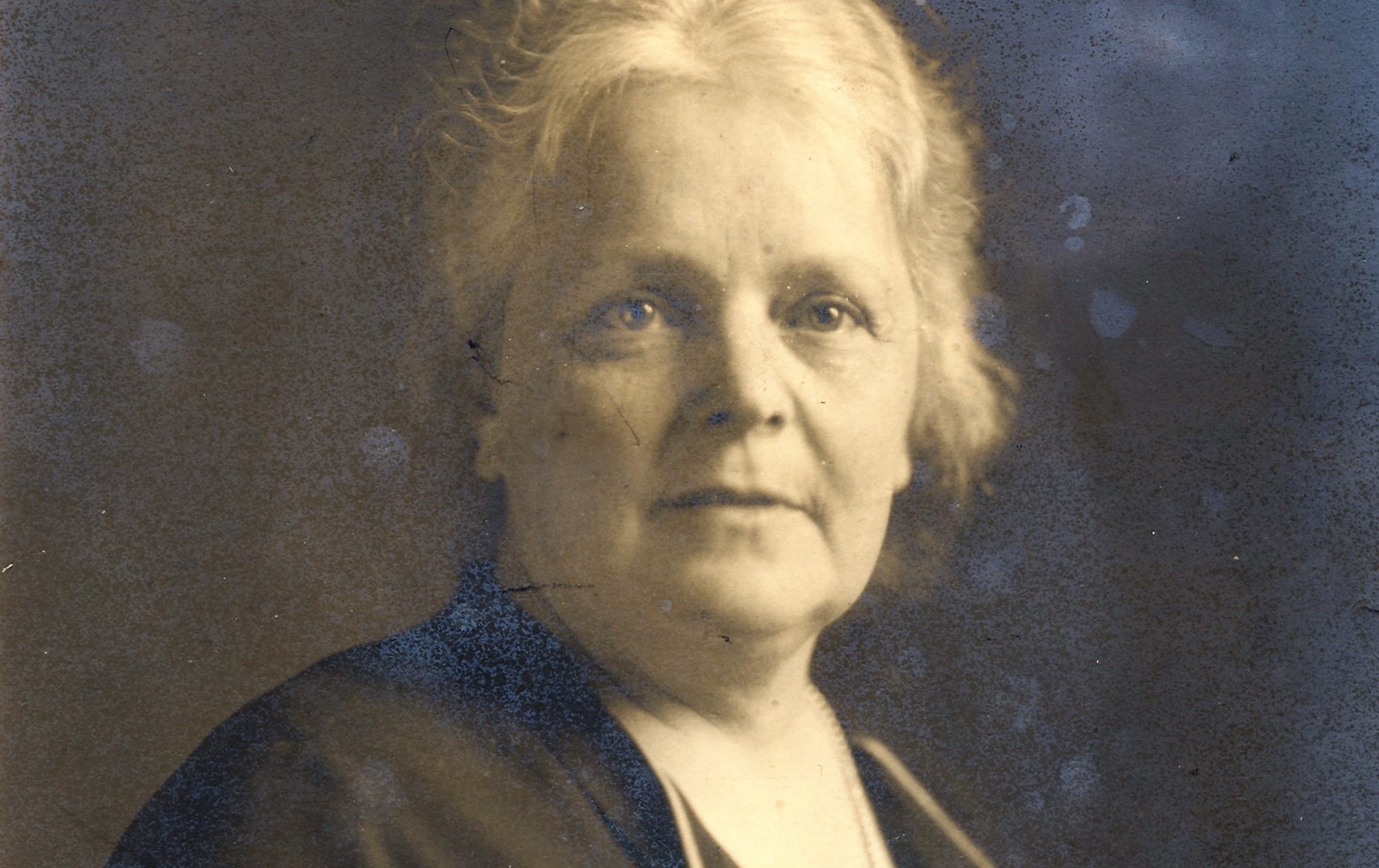
Marie Janson
Part of a family of Brussels politicians, in 1921 Marie Janson became the first woman to hold a seat in the federal parliament – a full 27 years before women were granted the right to vote in Belgium. Janson’s father was a leader in the liberal party, but she joined the socialists, becoming a member of the Saint-Gilles city council soon before her parliamentary appointment. She sat in parliament for 37 years, and her granddaughter, Antoinette Spaak, became the first woman to lead a political party, the Democratic Front of Francophones – now known as Défi.
Photos: Daniel courtesy Suzan Daniel Fund; Sabena ©Belga archives, Janson courtesy Belgian Senate












